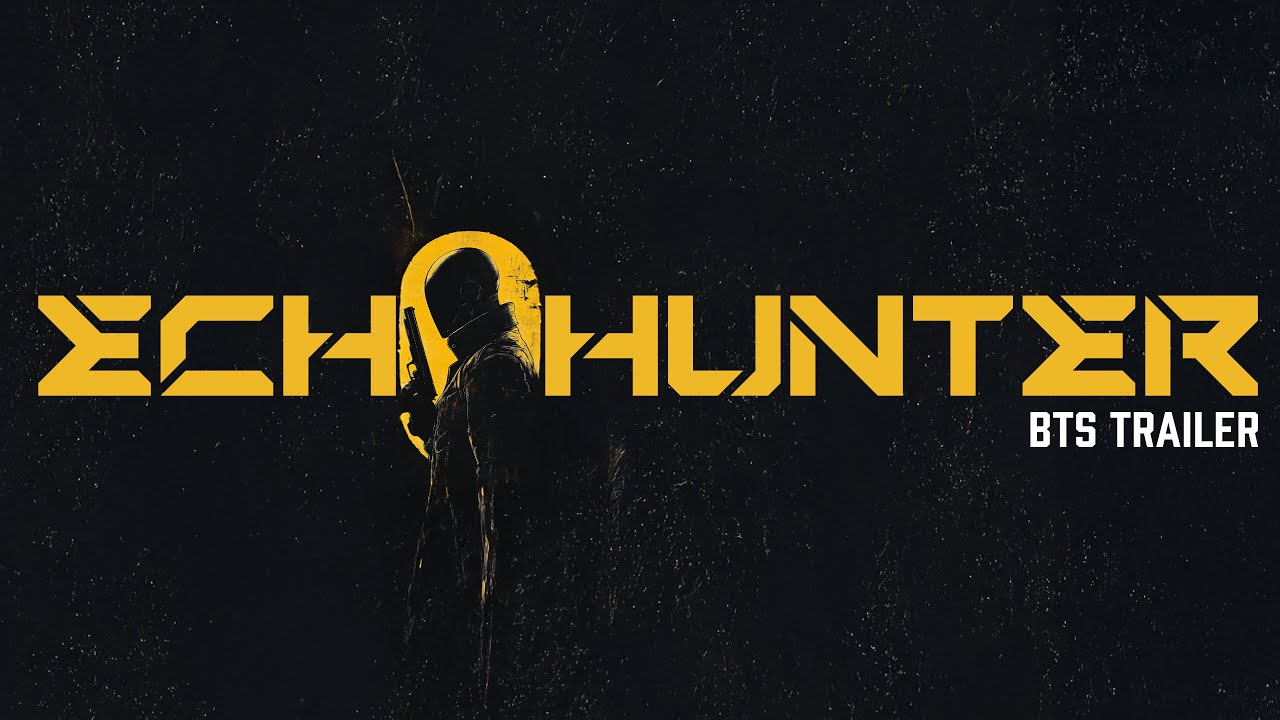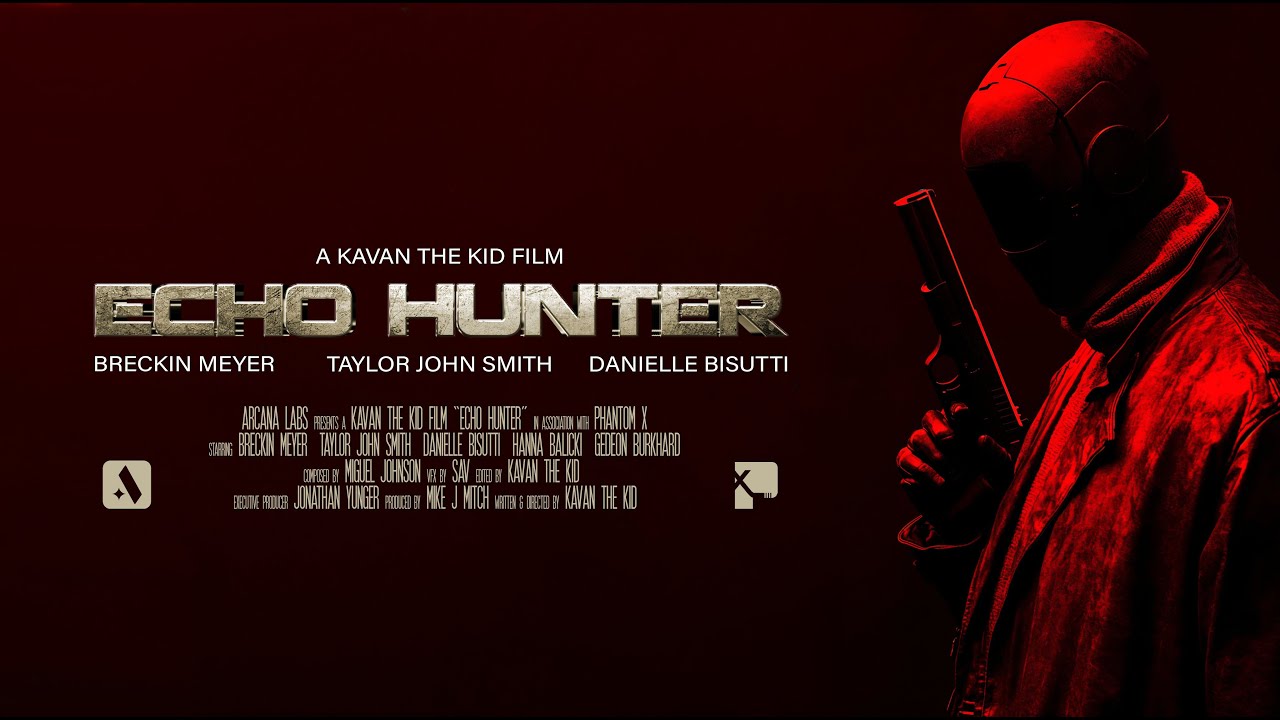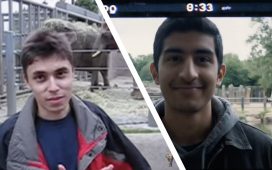- Echo Hunter is a new, fully AI-generated sci-fi short film created using Arcana AI
- The cast is SAG-AFTRA actors led by Breckin Meyer
- The film blends traditional voice performances with AI-rendered visuals
There’s a memorable moment in the new sci-fi short film Echo Hunter where a clone hunter starts questioning his place in a morally bankrupt world with blurred lines between man and machine. It feels particularly pointed since AI models generate all of the footage for Echo Hunter.
Echo Hunter was created by Arcana Labs and written and directed by filmmaker Kavan Cardoza (better known as “Kavan the Kid”). However, unlike any other major AI-produced film, it features a fully unionized cast of SAG-AFTRA actors. You can see a bit of how it came together in the behind-the-scenes video below, but there are a few key things to know about Echo Hunter and its AI origins.

Real film with real actors
Clocking in at under 30 minutes, Echo Hunter isn’t just a tech demo; it’s an actual story with a narrative, cohesive visual style, and directorial control. The plot isn’t exactly unique; shades of Blade Runner, Ghost in the Shell, and The Matrix are hard to avoid in a story about a clone hunter in a dystopian future who begins to unravel when memories of a forgotten life start surfacing. Existential thrillers with sci-fi flavor and a moody synth score are familiar, but the entire thing being generated using AI models is not.
Arcana Labs developed the eponymous AI model behind the film. The idea was to demonstrate that a high-quality movie could be made without hundreds of millions of dollars and a year in Atlanta. The director and his team fed performance data, audio, and prompts into the system, and Arcana AI did the heavy lifting of designing visuals, rendering scenes, and creating a coherent movie.
Echo Hunter‘s producers are keen to say they aren’t trying to replace actors or sidestep their union. Breckin Meyer leads a fully paid-up group of union performers, including Taylor John Smith, Danielle Bisutti, Gedeon Burkhard, Hanna Balicki, and Xander Bailey. Their voices, performances, and likenesses are central to the experience. Their voices are attached to AI-generated virtual versions of themselves.
Kavan collaboration
If Kavan the Kid rings any bells, you may be familiar with his pioneering experiments with AI-produced short films. He’s gone viral with very unauthorized but still impressive-looking shorts like Star Wars: The Ghost Apprentice and Batman: A Face of Clay, each seen by millions of people and propelling him to notoriety for AI-based filmmaking, for better or worse. Echo Hunter fits well with both his style and technical expertise, which makes sense since he both directed and wrote the film.
But it’s far from a one-man show this time. Arcana produced Echo Hunter in collaboration with Phantom X, with Arcana co-founder Jonathan Yunger as executive producer. Counting them and the cast, it’s still a fraction of the hundreds of people necessary for an equivalent production without AI. Arcana argues this is a positive as it reduces the amount of money and resources that prevent filmmakers from making the kinds of movies they want to make.
But, while it’s good that the cast is unionized and paid and treated accordingly, it raises questions about the future of the many other hard-working and talented people who make epic, large-scale films. That’s something to consider, even if AI flawlessly executed filmmaking requests every time without plenty of the finessing and fine-tuning that made Echo Hunter look as good as it does.
Future films
And Echo Hunter, flaws and all, shows that this isn’t a far-off theoretical question to consider. Studios won’t shut down all their productions in favor of AI-created films (with or without human actors) tomorrow or even in the next few years, but there’s no way meetings about doing so aren’t happening. The ethical implications are real and worth wrestling with, but on the optimistic side, smaller, independent creators now have a lot more options for making films without spending half a million dollars for a five-second shot of a futuristic skyline. And lack of corporate coffers doesn’t have to stop a Phoenix-based director from adding rain-slicked streets to their noir film.
Including real actors in the union does show that synthetic productions aren’t automatically soulless. The human performances, writing, and direction are what make the film engaging. Some might argue that AI just helps fill in the blanks between the dream and the budget. And no AI could perfectly mimic how one of the stars from Franklin & Bash delivers an emotional monologue about lost identity in a clone apocalypse.













